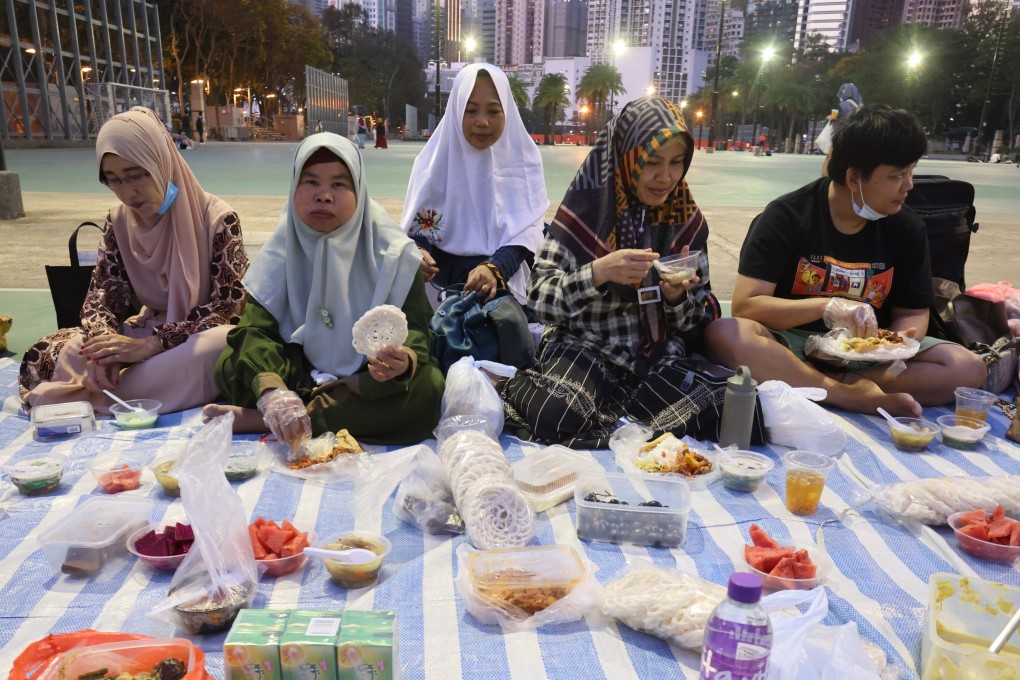Editorial | Talks needed to clear air over extra fees for Indonesian helpers in Hong Kong
- Placement costs are a concern for both Hong Kong employers and workers, and cast a shadow over the city’s relations with an important trading partner

Foreign domestic helpers are the backbone of Hong Kong’s workforce – cleaning and cooking as well as caring for children, the elderly and pets.
Their efforts support more than 300,000 households, allowing Hongkongers to take jobs that added about US$12.6 billion to the economy in 2018, according to the latest research.
So, it is worrying to hear about the apparent mishandling of the recruitment of helpers from Indonesia, a main source of such workers. Recruitment agencies are accused of failing to comply with Jakarta’s rules requiring employers, rather than helpers, to pay placement fees.
Indonesian agencies warned last Wednesday that Jakarta would stop processing applications that did not adhere to the regulations, amended in 2020 and last year, to reduce indebtedness among workers.
Helpers in Hong Kong are now required to pay only for their training, and employers have to shoulder full recruitment costs of up to HK$20,000.
An official from the Indonesian recruitment association Aspataki said there was “still confusion”, with only some experienced workers and few employers or agencies in the city aware of the update.


